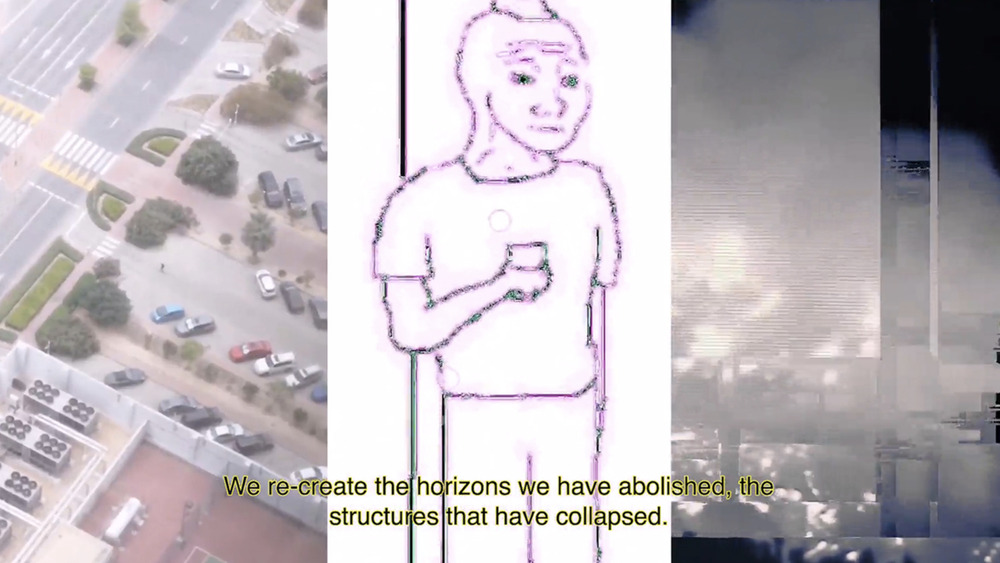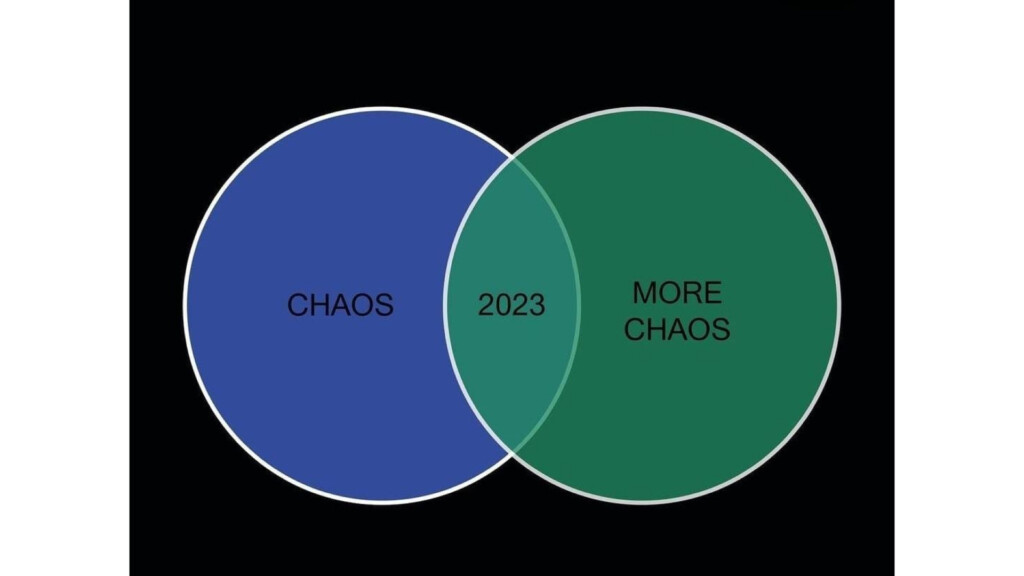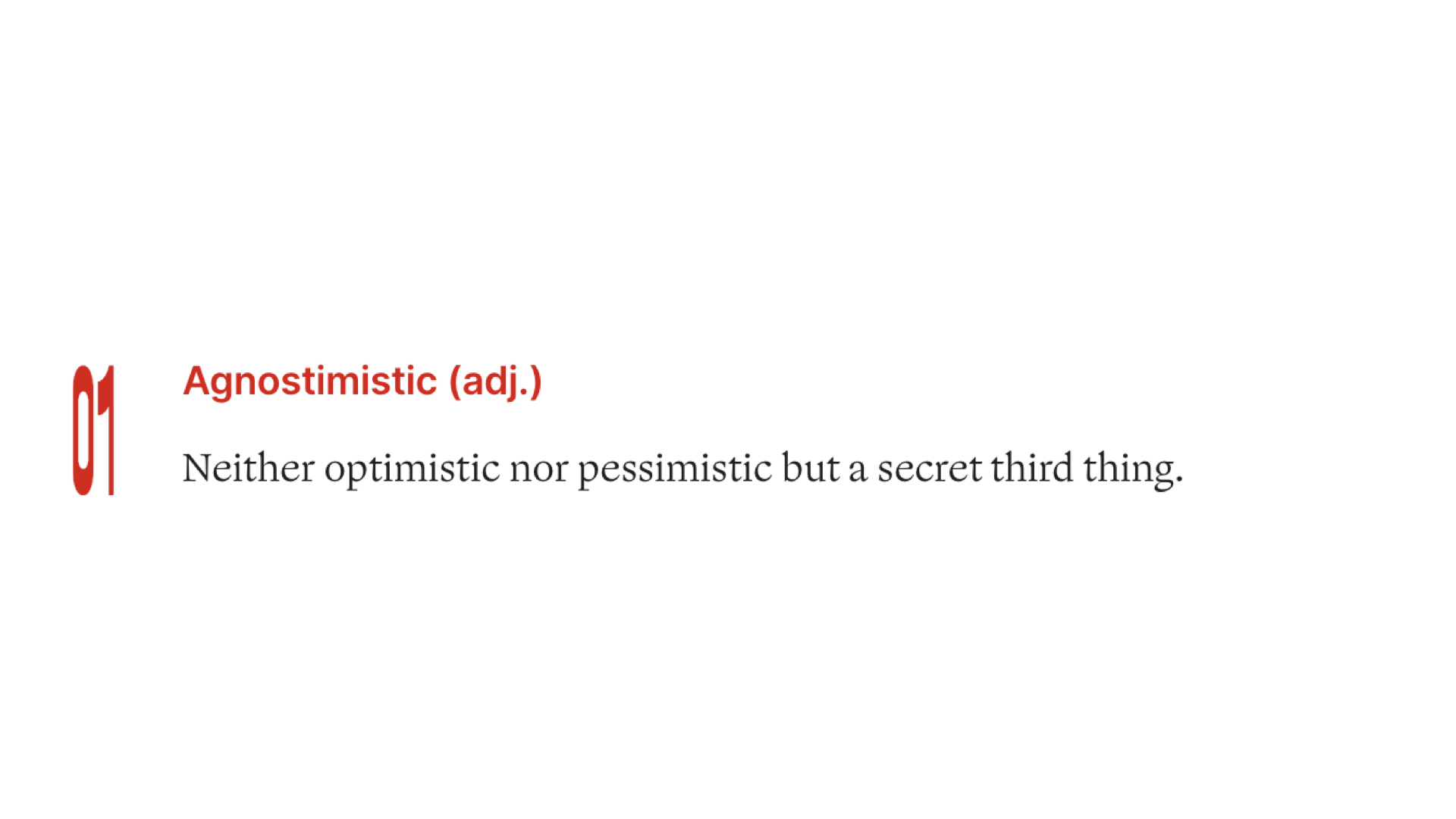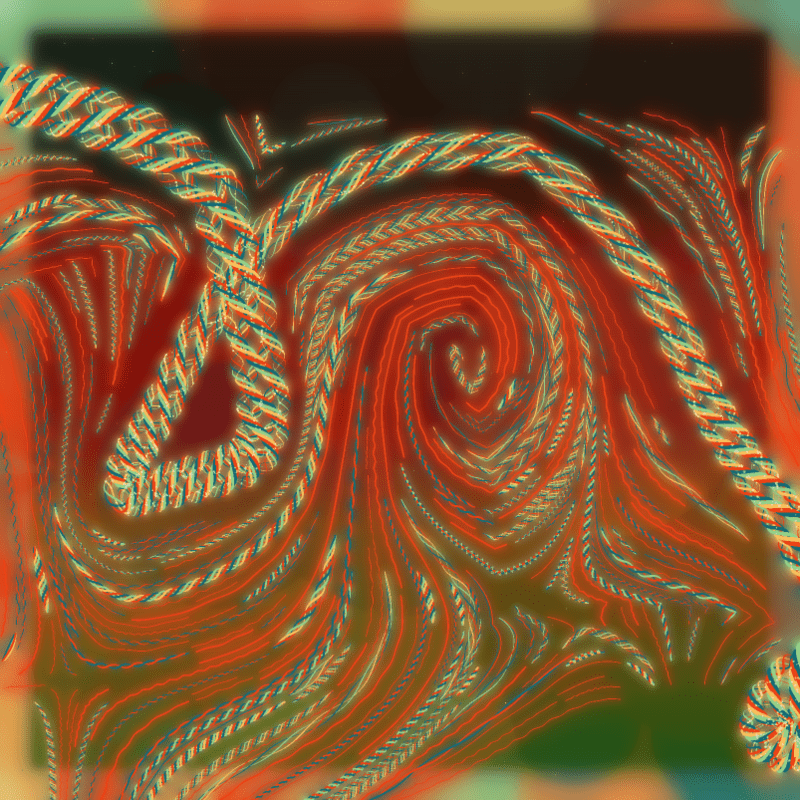Keep your Enemies Closer
Crypto prices glitch, Artnet enters the NFT space, and other news for December 16.


In 1967, the editor Jerome Agel hyped Marshall McLuhan’s forthcoming book, The Medium is the Massage, by saying “it predicts the present.” In the same year, the sci-fi author JG Ballard told an interviewer that he had given up setting his speculative stories in the deep future; instead, he was now paying attention to the present, because it could splinter in a thousand different weird ways. Fast forward to the recent past, when I introduced two new terms to define how things are splintering. The first is “lorecore”: “an era, belonging to digital capitalism, characterized by people’s existential need to storify themselves at the very moment global narratives collapse.” The second is “endcore,” the era after the end of eras, marked by a final, historical ending in sight, with the simultaneous awareness that such an end never actually arrives. Such semantic showboating has become a hallmark of our time. Collins Dictionary picked “permacrisis” as its Word of the Year for 2022; the Oxford English Dictionary selected “goblin mode.”
In 2023, so far, the United States has been shooting inflatable balloons from its skies — which may or may not be aliens. Even if they were, this may come as a blessed relief. Headlines about the rapidly expanding capabilities of artificial intelligence tell us that “Microsoft’s Bing wants to unleash “destruction” on the internet,” and caution us: “Please don’t let an AI write your Valentine’s poems.” Meanwhile, a reporter claimed that Bing’s chatbot “broke (and mended)” his heart.
If it’s the end of history and the end of the future, what happens next?
Additionally, I wonder: are we deglobalizing? Are we deinfluencing? If it’s the end of history and the end of the future, what happens next?
These thoughts were on my mind as I organized this year’s edition of Art Dubai’s Global Art Forum. I’ve been commissioner of the event since 2011. On the surface, the Global Art Forum is a talks program at an international art fair. But from the beginning, it was important to me to be as ambitious as possible, and as relevant to the context as possible. That context is Dubai, the UAE, the Gulf, the Arab World, the Global South… the terms radiate indefinitely and contestably.

I often describe what we do as taking the cultural temperature of our current moment in time. We do this globally, in concentric circles of connection that start from where we are headquartered in Dubai, and horizontally across disciplines of knowledge and inquiry. To date, the Global Art Forum has invited more than six hundred of the world’s most compelling minds to think out loud. Themes have included media, language, trade, automation, education, and humans’ need to narrate. Satellite editions have also taken place in Doha, Kuwait, Singapore, and London; in 2020 we were the art world’s first major event onZoom just before the world went into Covid-19 lockdown. The Forum has long been tracking resonances between technology, society, history, and the future. In a way, I think of the format as a continuous broadcast that ricochets back and forth from high- to lowbrow, obvious to obscure. Someone else described it as a port of ideas, or a pop-up university that you really want to attend.
It feels like hope is the scarcest resource on Earth.
Going back to coinages: my “Lexicon of Lorecore,” forthcoming in Zora Zine, includes an entry for agnostimistic—neither optimistic nor pessimistic but a secret third thing. This was the driving vibe behind the guests I brought together for Global Art Forum 16: Predicting the Present. They offer navigation instruments for our most uncertain of times. We are thrilled to partner with Outland in translating some of these presentations into articles, as well as commissioning new pieces that further the Forum’s inquiry.
I can never remember where, but I think Audre Lorde (or was it someone else?) once said “hope is political.” Especially when it feels like hope is the scarcest resource on Earth. Oh, and about Dubai: it’s a place that restlessly faces and fantasizes about the future—so much so, that it built an immense portal-shaped museum called “The Museum of the Future.” And let us not forget that the UAE’s Mars probe, launched in 2021, was called Al-Amal, which means “hope.” This is the backdrop against which I, a naturally disposed melancholic realist, selfishly wanted to be inspired, and want you to be inspired: by stories, strategies, and speculations about how we might go from here to there—and what “there” could even be.
This text is adapted from the introductory presentation at the Global Art Forum at Art Dubai on March 3, 2023. Images are taken from the accompanying slideshow.
Shumon Basar is chief narrative officer at Zien.
